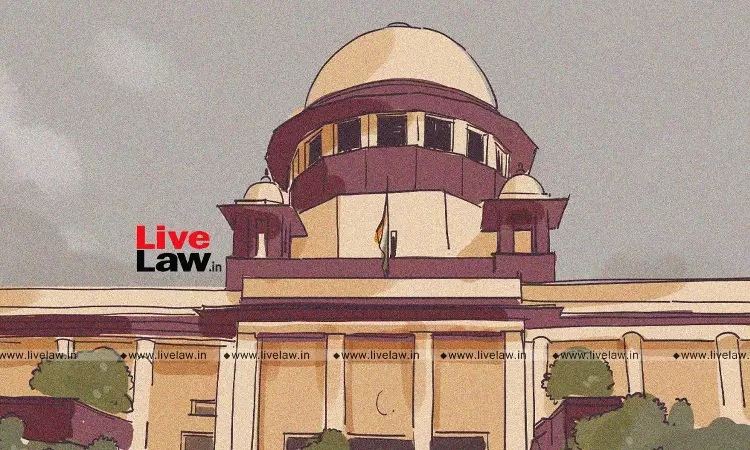The Supreme Court (January 28), while allowing constables' appeal against their conviction for murder, reiterated that in order to charge accused persons under Section 34 (common intention) of the IPC, it must be established that the accused had preplanned the act and shared a common intention. Reliance was placed on several judgments including the recent decision in Madhusudan and others...

